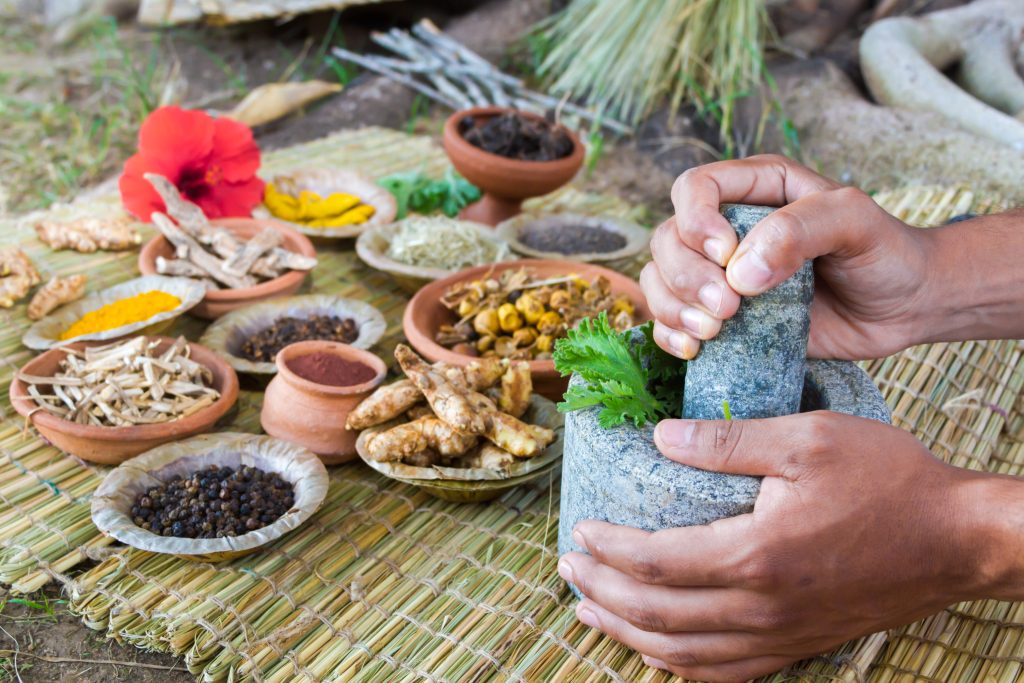In today’s fast-paced and stress-filled world, more people are turning to alternative medicine as a complement or alternative to conventional healthcare. Alternative Medicine Talk is an evolving conversation that encompasses diverse healing practices from around the world—ranging from herbal medicine and acupuncture to Ayurveda and energy healing.
This article dives deep into the world of alternative medicine, covering its types, benefits, risks, and how it’s reshaping modern wellness.
🌱 What Is Alternative Medicine?
Alternative medicine refers to medical practices and therapies that are not traditionally part of mainstream Western medical care. These treatments often focus on holistic health—addressing the mind, body, and spirit as interconnected aspects of well-being.
It includes both traditional healing systems and natural remedies that have been used for centuries across cultures.
🧘 Popular Types of Alternative Medicine
1. Ayurveda

Originating from India, Ayurveda uses herbal remedies, diet, yoga, and lifestyle changes to balance body energies (doshas) and promote overall health.
2. Traditional Chinese Medicine (TCM)
Includes acupuncture, tai chi, herbal formulations, and cupping therapy to restore the body’s energy flow or “qi.”
3. Homeopathy
A system based on the belief that “like cures like,” using highly diluted substances to stimulate the body’s self-healing.
4. Naturopathy
A holistic approach that emphasizes natural remedies, nutrition, detoxification, and lifestyle adjustments.
5. Chiropractic Care
Focuses on diagnosing and treating mechanical disorders of the musculoskeletal system, particularly the spine.
6. Herbal Medicine
Uses plant-based extracts and preparations for prevention and treatment of ailments.
7. Reiki and Energy Healing
A Japanese technique that uses the practitioner’s hands to channel energy and promote relaxation and healing.
🌟 Benefits of Alternative Medicine
Many people choose alternative medicine for its natural, personalized, and preventive approach. Key benefits include:
- Reduced reliance on pharmaceuticals
- Minimal side effects (when used correctly)
- Improved mental and emotional well-being
- Focus on lifestyle and long-term health
- Holistic treatment of chronic illnesses
⚠️ Risks and Considerations
While alternative medicine can be powerful, it’s not risk-free. Always:
- Consult a licensed practitioner
- Avoid replacing essential conventional treatments (especially for serious conditions like cancer or heart disease)
- Check for interactions with medications
- Look for scientific evidence or regulatory approval
The goal should be integrative health—combining the best of both worlds for safe and effective treatment.
🧩 How Alternative Medicine Complements Conventional Care

In recent years, a more integrative medicine approach has emerged, where alternative therapies are combined with evidence-based Western medicine.
Examples include:
- Using acupuncture to reduce chemotherapy-related nausea
- Practicing yoga and mindfulness for anxiety and depression
- Taking herbal supplements to boost immunity (under medical guidance)
Many hospitals now offer integrative clinics, recognizing the growing body of evidence supporting alternative practices.
🗣️ Why “Alternative Medicine Talk” Matters
The global conversation about alternative medicine is important because it:
- Promotes health literacy and patient empowerment
- Encourages cultural diversity in healing practices
- Spurs research into traditional remedies
- Inspires people to take a preventive and lifestyle-focused approach to health
📈 Growing Popularity and Trends
Alternative medicine is more popular than ever. According to the World Health Organization, over 80% of the world’s population uses traditional medicine in some form.
Trends fueling this growth include:
- Rising interest in natural living and organic health
- Dissatisfaction with conventional medicine’s side effects
- Greater access to global wellness content online
- Increased stress and mental health concerns post-pandemic
🌍 Culturally Rooted Healing Systems Around the World
- Africa: Traditional healers use indigenous herbs and spiritual rituals
- Latin America: Curanderismo blends native, African, and Spanish healing
- Native American: Healing through ceremonies, herbs, and community connection
- Pacific Islands: Natural remedies and ocean-based healing traditions
These systems offer valuable wisdom in treating the whole person—not just symptoms.
🔍 How to Choose a Safe and Effective Alternative Medicine Approach
Here are steps to help you make informed decisions:
- Research the practice thoroughly
- Check credentials and reviews of practitioners
- Discuss with your primary healthcare provider
- Start with mild, well-documented therapies
- Monitor results and stay alert to side effects
FAQ’s
1. What is alternative medicine, and how does it differ from conventional medicine?
Alternative medicine refers to healing practices that are not typically part of standard Western medical care. It often emphasizes natural remedies, holistic health, and prevention, whereas conventional medicine focuses on diagnosing and treating diseases with scientifically tested drugs and procedures.
2. Is alternative medicine scientifically proven to be effective?
Some alternative therapies, like acupuncture or certain herbal remedies, have been scientifically studied and shown to be effective. However, many others lack rigorous clinical evidence. It’s important to research individual treatments and consult a healthcare provider before use.
3. Can I use alternative medicine alongside conventional treatments?
Yes, many people use alternative medicine as a complement to conventional care, a practice called integrative medicine. Always consult your doctor before combining treatments to avoid potential interactions or side effects.
4. What are the risks of using alternative medicine?
Risks include possible side effects, interactions with medications, or delaying necessary medical treatments. Choosing unqualified practitioners or unregulated supplements can also pose serious health dangers.
5. How do I find a qualified alternative medicine practitioner?
Look for practitioners who are licensed, certified, or registered in their respective fields. Check reviews, verify credentials, and ensure they have experience with your specific health concern. Referrals from trusted healthcare providers can also help.
6. Is alternative medicine suitable for children or seniors?
Some alternative therapies are safe for all ages, such as massage or gentle herbal remedies. However, age-specific considerations are important. Always consult a pediatrician or geriatric specialist before starting alternative treatments for children or older adults.
7. What are the most commonly used types of alternative medicine?
Popular forms include Ayurveda, Traditional Chinese Medicine, acupuncture, homeopathy, naturopathy, chiropractic care, herbal medicine, and Reiki. The choice often depends on cultural background, health needs, and treatment goals.
8. How do I know if an alternative treatment is working?
Track your symptoms, energy levels, and overall well-being over time. Some results may be immediate, while others take weeks. Regular check-ins with both your alternative and conventional healthcare providers can help assess effectiveness and adjust your care plan.
🧭 Final Thoughts: Bridging the Gap Between Ancient and Modern Healing
Alternative medicine talk is more than a trend—it’s a reflection of a global shift toward more natural, holistic, and patient-centered care. By understanding its principles and integrating them wisely, individuals can take charge of their health journey with confidence. Whether you’re exploring Ayurveda, trying acupuncture, or adding mindfulness to your daily routine, the key is balance—choosing what works best for your body, mind, and lifestyle. “True wellness is not found in a pill bottle, but in balance, intention, and self-awareness.”





Leave a Reply